National Current Affairs Switch to Hindi
India's First State Innovation Mission Launched in Tripura
Why in News?
The Government of Tripura has launched its first State Innovation Mission (SIM) under the umbrella of the Atal Innovation Mission (AIM), a flagship innovation initiative of the NITI Aayog.
Key Points:
- Objective: Tripura’s SIM was formally launched to enhance innovation capacity, support entrepreneurial ventures, and foster an ecosystem that nurtures youth talent across sectors such as science, technology, and digital innovation.
- The mission aligns with the AIM’s objectives of transforming Tripura into a vibrant hub for innovation by creating enabling infrastructure and promoting collaboration among innovators, academia, start‑ups, and industry.
- Focus: The mission emphasizes empowering young innovators, facilitating incubation support, encouraging patenting and commercialization of ideas, and attracting investments in emerging technologies.
- T‑NEST Incubator: As part of the initiative, the existing Tripura Natural Environment & Sustainable Technologies (T‑NEST) has been designated as an AIM Atal Incubation Centre (AIC), providing mentorship, funding support, and office space for start‑ups and early‑stage ventures.
- Public‑Private Partnerships: The mission intends to leverage partnerships with private sector firms, research institutions and investors to bridge the gap between technical expertise and market needs.
- Impact: The mission is expected to catalyse economic development in Tripura, generate employment opportunities, and strengthen the state’s contribution to India’s innovation landscape.
|
Read More: Atal Innovation Mission, NITI Aayog, Start‑ups |
National Current Affairs Switch to Hindi
Justice Balbir Singh Chauhan Appointed Head of Manipur Violence Probe
Why in News?
The Government of India has appointed former SC Judge Balbir Singh Chauhan as the new chairperson of the Commission of Inquiry probing the ethnic violence that erupted in Manipur in May 2023.
Key Points:
- Appointment: The Centre has named Justice Balbir Singh Chauhan as the new chairman of the Commission of Inquiry into the Manipur ethnic violence.
- The appointment follows the resignation of retired Justice Ajai Lamba, former chief justice of the Gauhati High Court.
- Mandate: The Commission of Inquiry was constituted by the Ministry of Home Affairs to investigate the ethnic violence that broke out in Manipur in May 2023, examine its causes, the role of authorities and factors that allowed the conflict to escalate, and suggest measures to prevent recurrence.
- Focus Areas: Examines allegations of human rights violations, displacement, property damage, and communal tensions.
- Background: The ethnic clashes in Manipur, involving the majority Meitei community and tribal Kuki communities, resulted in numerous fatalities and displacement, prompting the establishment of the inquiry panel to ensure accountability and restoration of peace.
- Significance: The reconstitution of the inquiry panel reflects the Centre’s intention to enhance the credibility and effectiveness of the investigation into one of India’s most serious instances of ethnic violence in recent years.
|
Read More: Manipur Violence |
National Current Affairs Switch to Hindi
NIELIT to Establish India’s First Dedicated Quantum & AI University
Why in News?
The National Institute of Electronics & Information Technology (NIELIT), under the Ministry of Electronics and Information Technology (MeitY), has signed a Memorandum of Understanding (MoU) with the Government of Andhra Pradesh to set up India’s first university campus exclusively focused on Quantum Technologies and Artificial Intelligence in Amaravati.
Key Points:
- MoU Signing: The MoU was signed on 20 February 2026 at the India AI Impact Summit to develop a deep‑tech academic hub that combines research, education, and innovation in frontier technologies.
- The Amaravati campus will serve as a national centre of excellence for research and higher studies in quantum computing, artificial intelligence (AI), and allied deep‑tech domains.
- Academic Programmes: It will offer undergraduate, postgraduate, and PhD programmes in specialised areas including quantum algorithms, AI & machine learning, quantum communication, cybersecurity, and high‑performance computing.
- The campus will host advanced research laboratories, industry‑linked Centres of Excellence (CoEs), and support deep‑tech incubation and entrepreneurship with global collaborations.
- Strategic Importance: This initiative aligns with India’s National Quantum Mission and AI strategy, reinforcing the government’s focus on technology-driven growth.
- Significance: The Amaravati Quantum & AI University campus will be India’s first institutionally dedicated academic hub exclusively for quantum technologies and artificial intelligence.
|
Read More: India AI Impact Summit, Quantum Technologies, Artificial Intelligence, Amaravati Quantum Valley |











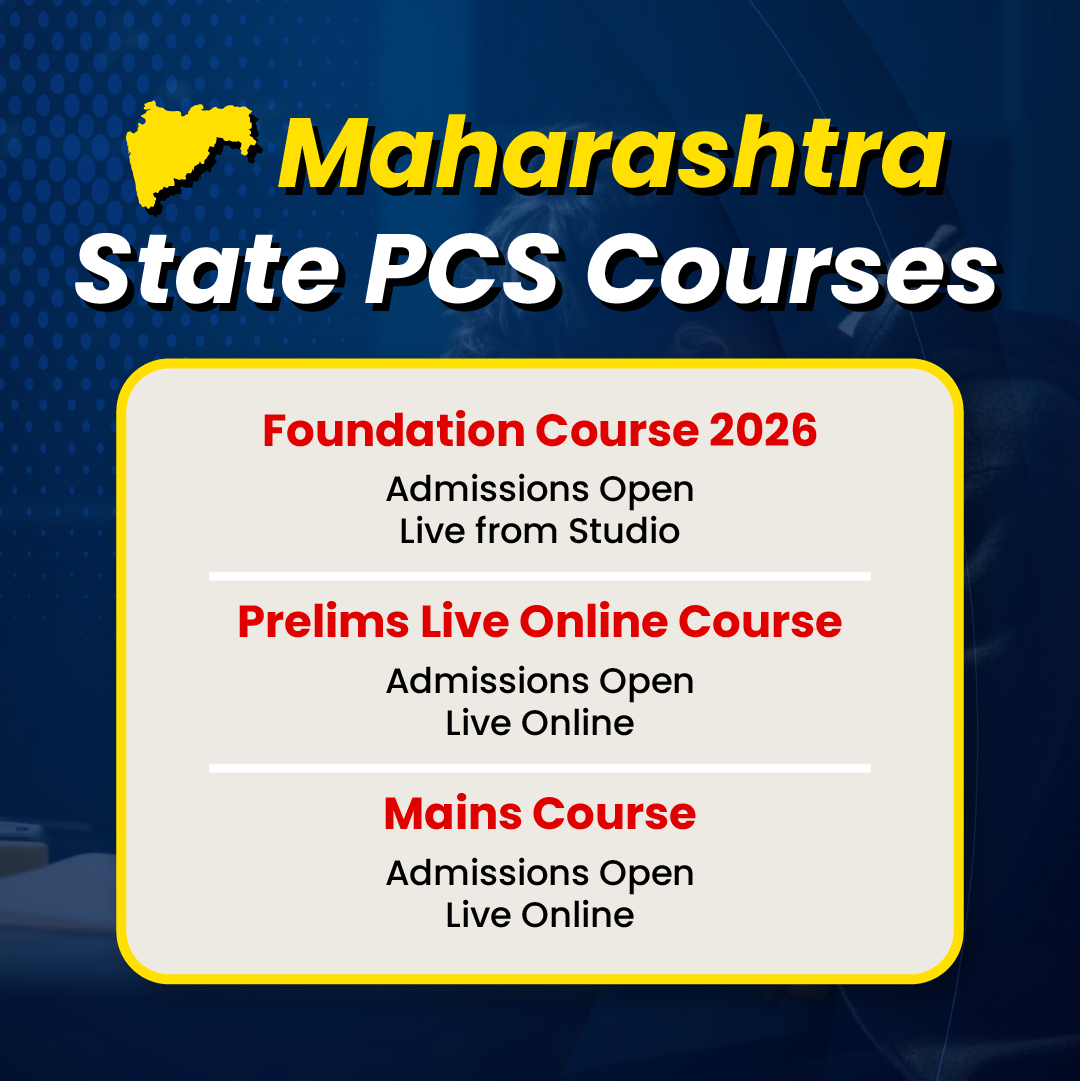

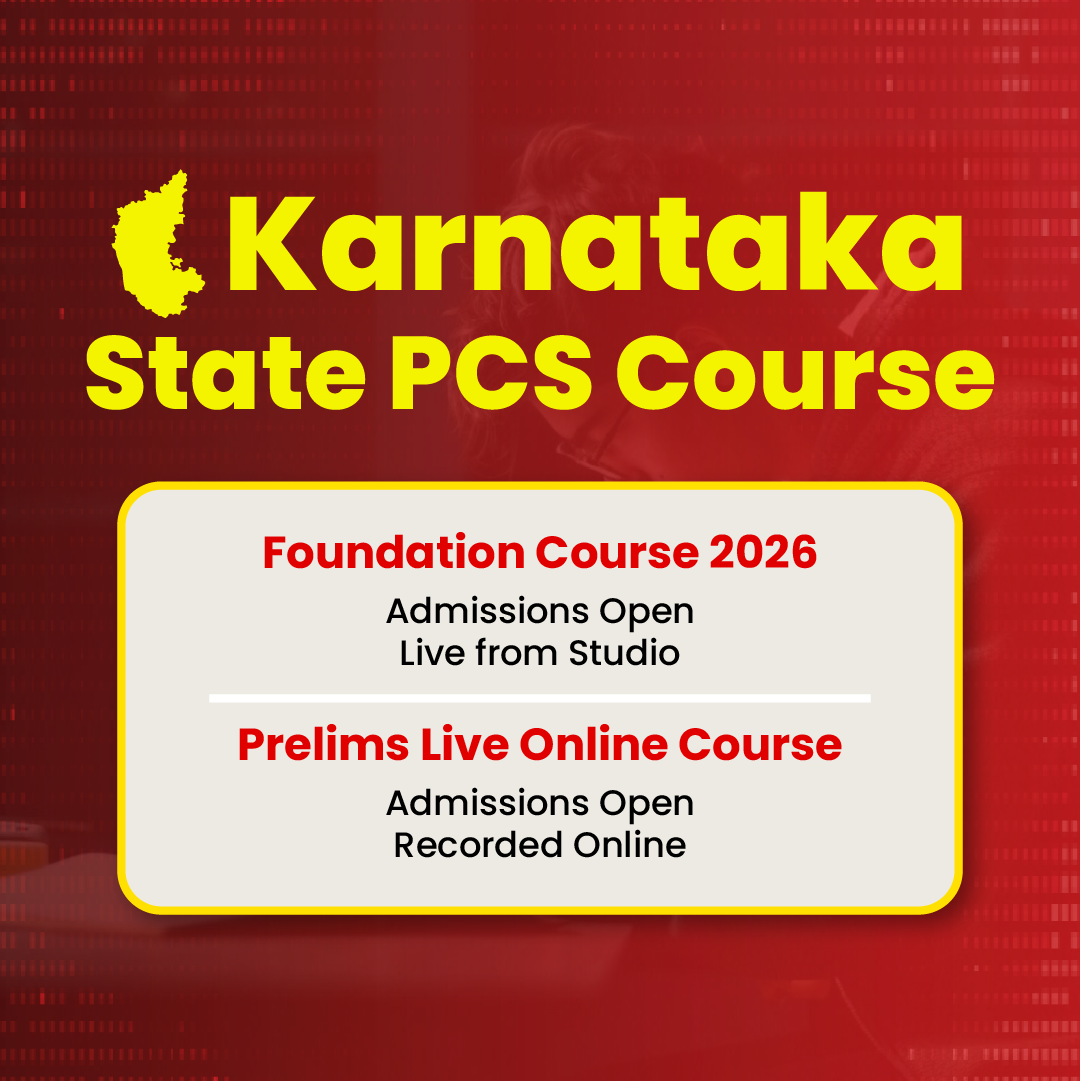







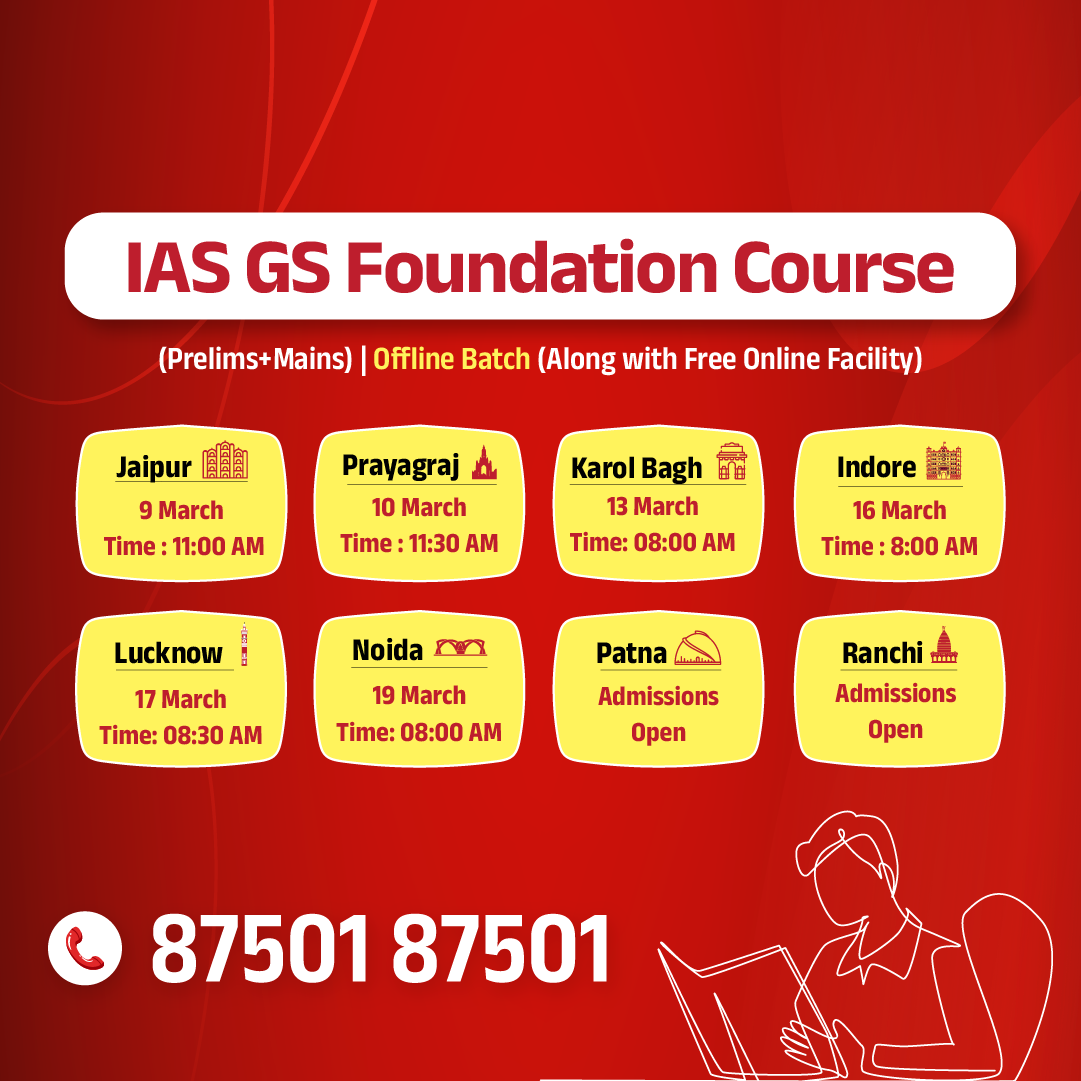
.jpg)




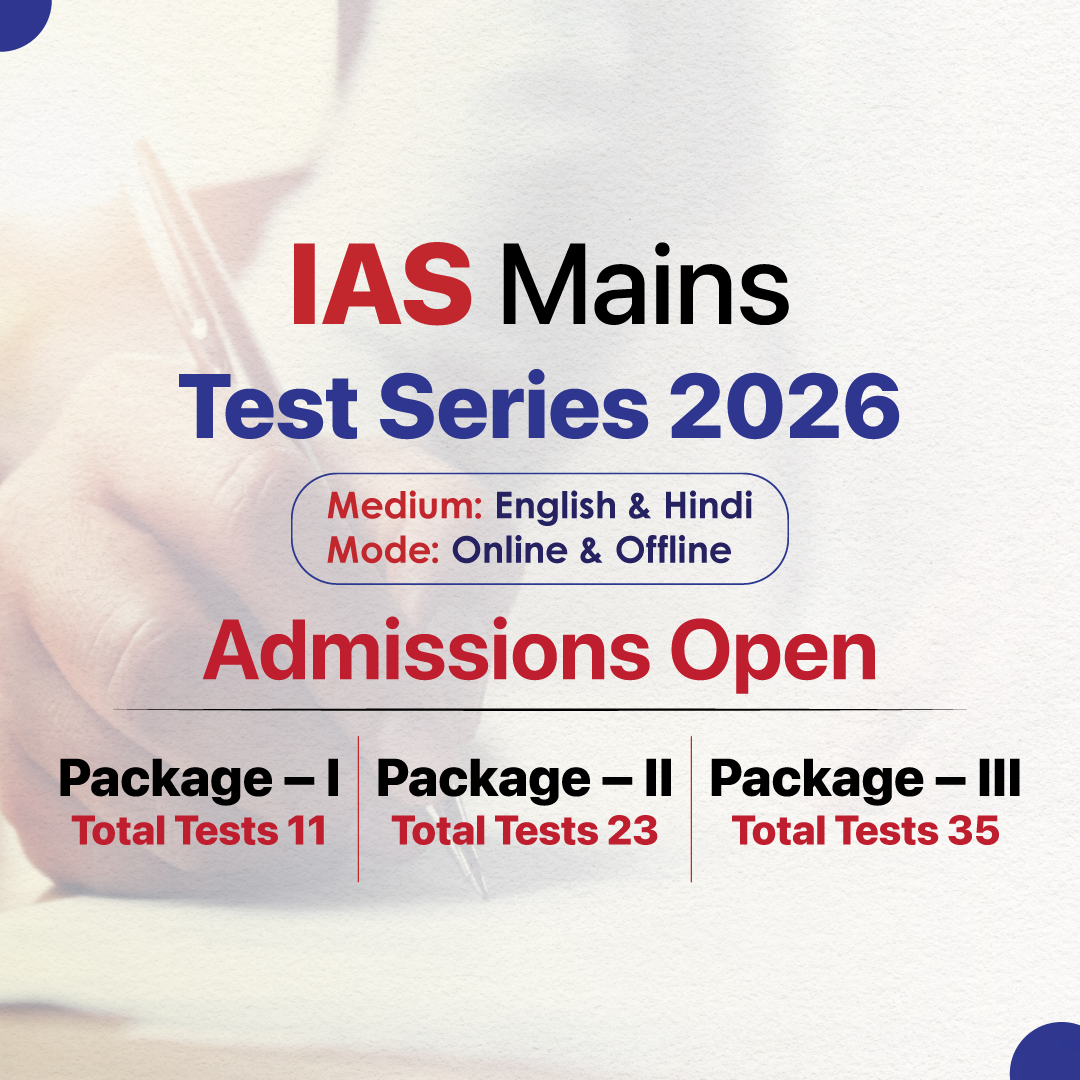




.png)
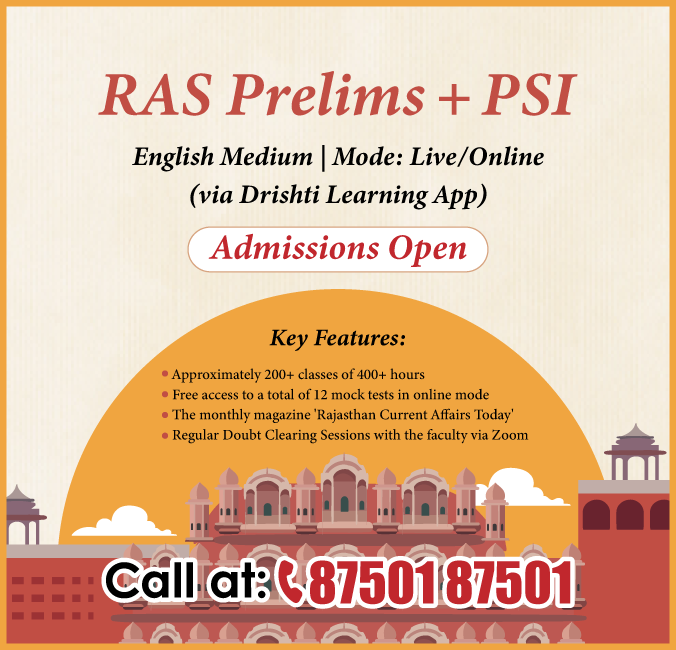

.jpg)

 PCS Parikshan
PCS Parikshan

